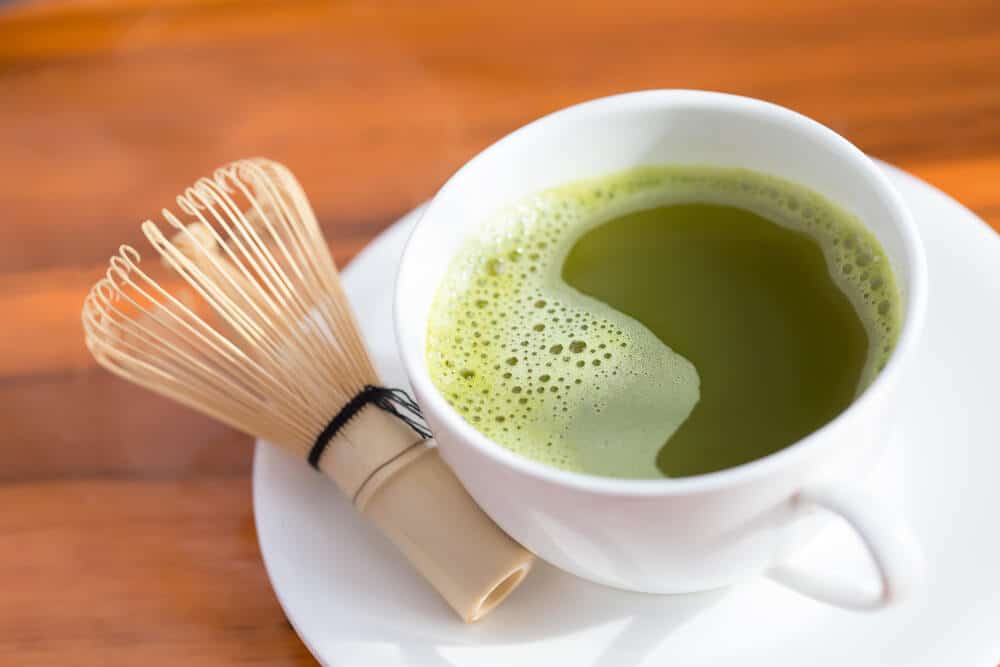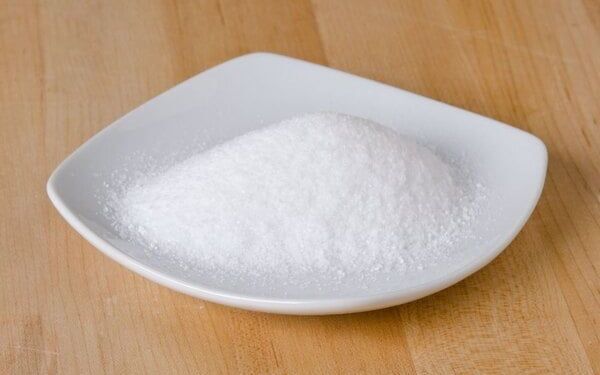MATCHA is a green tea made from the powdered leaves of the camellia sinensis plant. It is known for its vibrant green colour, rich flavour and potential health benefits.
Matcha contains an antioxidant chemical called chlorophyll, which, like other antioxidants, can protect the body from things called free radicals that can come from air pollutants (cigarette smoke, radiation, metal etc) and can cause disease and inflammation in our bodies. This is where people put two and two together and come to the conclusion that antioxidants will reduce inflammatory diseases like cardiovascular disease, diabetes and cancer due to their antioxidant capabilities.
But this isn’t always the case and it’s mainly a scientific theory at the moment and the beneficial effect of green tea consumption on disease prevention remains unproven.
Matcha is also a source of the chemical L-theanine, which may be beneficial for brain and mood function, but again, more research is needed.
It is also suggested that matcha may be beneficial in weight loss too. This is due to ingredients in green tea that can create a ‘thermo-genic effect’ which makes the body produce more heat. Our bodies need calories to produce heat so if more heat is being produced the theory is that this leads to weight loss. But to be honest this is a small effect, if any, and there is no single drink that can magically burn fat. While matcha can be a source of antioxidants, the focus should be on balanced diets and healthy eating habits rather than specific endorsements of individual foods or beverages. Don’t buy into things that promise quick health results. Health isn’t a product, it’s a lifestyle.
• Lee McCusker (BA; MSc; MSc; MSc; ANutr; SENr) is a registered nutritionist from Belfast and can be found on Facebook, Instagram and Twitter. Email: attentive nutrition@gmail.com






